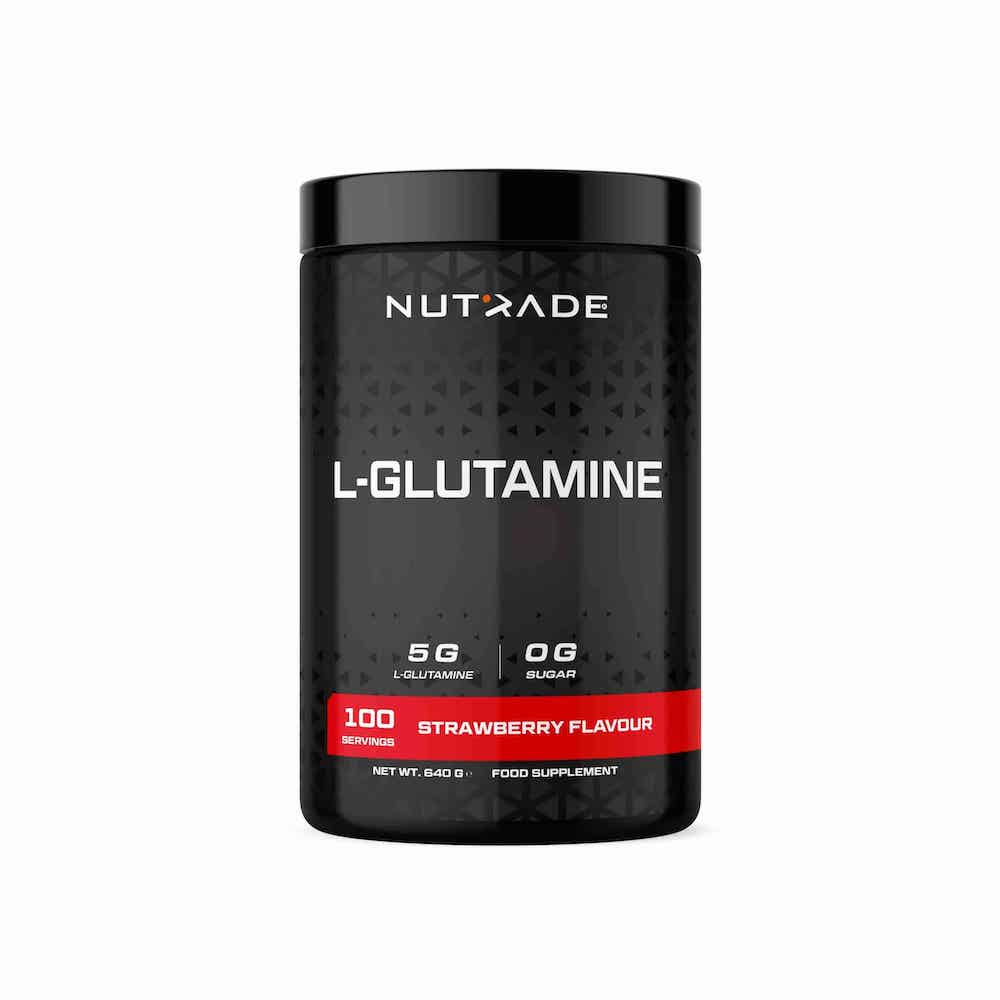What is Glutamine?

What is Glutamine? What is Glutamic Acid?
Glutamine and glutamic acid are chemically similar forms. The human body can produce L-glutamine itself from L-glutamic acid. Given its involvement in numerous metabolic processes, it is not surprising that glutamine is the amino acid with the highest concentration in blood plasma, muscular system, and cerebrospinal fluid. At 60%, it constitutes the largest amount of free amino acid in the body.
The need for glutamine increases with increased physical activity, training and mental stress. The production of this important amino acid in the body usually slows down with increasing age and is not produced in sufficient quantities. In such cases, external support from foods containing glutamine is recommended.
What is Glutamine Used For? What are the Benefits of Glutamine?
Adequate amounts of glutamine are important for firm, elastic skin. If sufficient amounts of glutamine are not available, the body takes the necessary protein from muscle mass and converts it into glutamine and energy. This results in the loss of muscle proteins, thinning of muscle fibers, and generally sagging skin. For this reason, glutamine has been called the “internal fountain of youth” by scientists. (1)
Glutamine strengthens the immune system and plays an essential role in hair growth.
Glutamine serves as a nitric oxide and carbon supplier in the body and is also an important element for building and maintaining muscles. Amino acids are necessary for nucleotide synthesis, which is where rapidly dividing cells for the immune system and hair follicles depend on this energy source. If you are using a pre-workout or pre-sport protein powder, you can supplement with glutamine 2-5 hours before for better results. If you ask whether glutamine alone makes you gain weight, there is not much scientific data to support this, but its deficiency will definitely make muscle growth more difficult.
- Glutamine can combat fat storage.
- Glutamine can be converted to glucose in the kidneys without affecting glucagon or insulin levels.
- Glutamine may combat the storage of fat from food by bypassing the fat accumulation normally caused by insulin. This may be helpful for those who want to lose weight and those who are dieting. There are also indications that glutamine may reduce cravings for sugar and alcohol.
- During the synthesis of glutamine to glutamic acids, the brain is protected from the toxic effects of ammonia. This protection against cell toxin prevents problems in brain functions. It improves long and short-term memory.
Patients with fatigue and cognitive brain dysfunction often have a glutamic acid deficiency. Anxiety, tension, sleep disorders, insomnia and lack of concentration are related to this. Glutamine increases the production of gamma amino butyric acid (GABA). GABA is an important neurotransmitter that acts as a lock to slow down the sodium channels between nerve cells in the brain and is therefore like a natural tranquilizer. If there is enough glutamine in the body, it can create GABA, which can have positive results such as inner calmness and tranquility even in stressful situations, as well as increased concentration levels and a more peaceful and satisfying sleep.
Glutamine can be converted to glucose in the kidneys without affecting glucagon or insulin levels. There are also indications that glutamine may reduce sugar and alcohol demand.
Harms of Glutamine
There is no known harm from the amino acid glutamine, whether in foods containing glutamine or in supplement form.
Foods containing glutamine
Many animal and plant foods are classified as foods that contain high levels of glutamine . In general, foods that contain protein also contain high levels of glutamine and glutamic acid. Here are some of the main ones:
Foods containing Premium Whey Protein , Casein or Casein containing foods contain Glutamine at approximately 18% of their protein value. It is found in large amounts in dairy products such as cheese, curd, yogurt, and cheddar.
Additionally, high protein foods such as meat, eggs, turkey, and fish also contain high levels of glutamine.
The plant protein known as gluten contains approximately 35% glutamine.
How to Use Glutamine?
It is recommended to use glutamine as a supplement post-workout after training or after sports or before going to bed at night. If you want to see the full benefits of glutamine, be sure to take it before other nutrients. 5 grams of glutamine or a protein source with high glutamine content (such as whey protein powder) after training will be sufficient.




Leave a comment